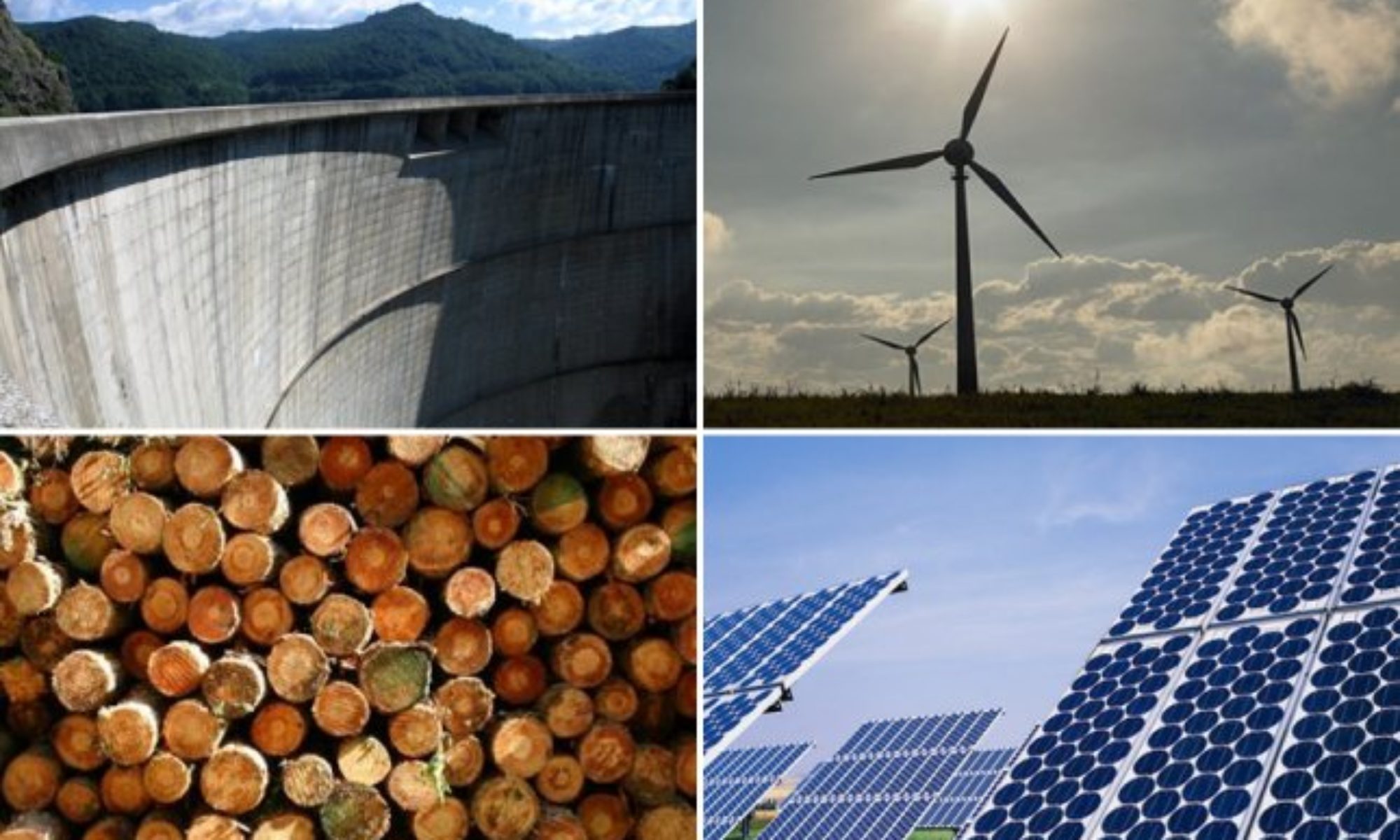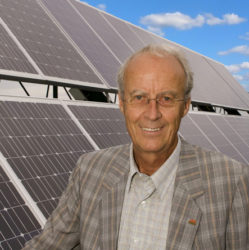Dear REN21,
This is an open letter on the matter of locating IRENA, which has become
a high-profile political issue in recent weeks and also a matter of
grave personal concern. I understand that REN21 should remain neutral
on this issue. Nevertheless, I would like to share my views with you.
With all due respect, I am sure that Abu Dhabi can provide important
resources for IRENA. And despite its remoteness to the majority of
renewable energy experts and experience around the world, which could
be a hindrance, IRENA could of course function there. However, there are
three issues which must be considered:
(1) Linkage with nuclear power. It appears that U.S. and French support
for IRENA in Abu Dhabi is linked with nuclear power technology deals
announced recently in the press (Note 1). Under these circumstances, an
IRENA located in Abu Dhabi would appear to be “nuclear tainted” because
the process used to found IRENA would be based on support for nuclear
power. There is also the fact that UAE has expressed its intentions to
rapidly become a “model” for promoting nuclear power (Note 2).
This raises the question of whether IRENA will be an effective change
agent for renewables (i.e., promoting renewables *instead* of nuclear
power), or will be merely an appendage to a nuclear agenda —
“sprinkling some renewables on top of our nuclear power” as it were.
This question is underlined by the term “low-carbon technology” that
France reportedly used in a recent IRENA meeting (Note 3). Will IRENA
become a de-facto “International Low-Carbon Agency,” supporting both
renewables and nuclear together? Are the original goals of IRENA being
co-opted to that end? That would be shameful!
The renewables vs. nuclear issue has been around for many years, but is
receiving more attention as carbon reduction efforts become ever more
serious. The renewable energy community should be sending the
messages that “a renewable energy future means that we don’t need
nuclear power” and “renewables are cheaper than nuclear power in the
long run.” While not absolute, it is certainly a question of balance, and
IRENA’s very existence contributes to that balance.
In good conscience, I personally would find it very difficult, or likely
impossible, to collaborate with and support a “nuclear-tainted” IRENA.
(2) Historical credibility and leadership. In my view, the primary work
of IRENA is to facilitate policy development and education around the
world. To achieve these ends, IRENA needs to be based in a country or
countries with an exemplary track record and proven commitment to
renewable energy. The credibility of the country, based on past history
and/or future targets, should count strongly. If you look at past
editions of the Renewables Global Status Report, particularly the “Top
Five Countries” table, you can see the past history and future targets
clearly for a number of countries (details in Note 4 below).
(Also, this view of IRENA is fundamentally about policy and capacity
building, not projects–another consideration in choosing location.)
(3) Decentralized vs. centralized structure. This whole discussion has
raised again the question of structure. Why should renewables, an
inherently decentralizing technology, be supported by a centralized
agency? Would it not be better for IRENA to be a decentralized agency?
IRENA would be stronger with 5-8 regional centers, with regional
directors but no centralized director general. As a founding basis for
IRENA, no regional center should have higher standing than any other. Of
course, more money will be required, and there are many political and
managerial challenges as well. But only a decentralized structure can
effectively serve the policy and facilitation needs of diverse regions
with different circumstances.
The promise of IRENA is reflected in my statement on the “Voices” page
of the IRENA website: “Today, existing public organizations are
fragmented in their approach to promoting renewable energy, and few
emphasize good policy based on real experience. Yet good policy is still
one of the highest priorities for developing robust renewable energy
markets and a growing industry. IRENA can study policy experience and
lessons and provide policy guidance to governments around the world. In
addition, the enormous need for technology development and education
among all countries – both developed and developing – means that more
coherent international efforts are absolutely necessary.”
For the reasons given above, including linkage with nuclear power and
historical credibility and leadership, locating IRENA in Abu Dhabi may
be a political choice but will not serve the promise of IRENA.
Thank you for your attention.
Respectfully yours,
Dr. Eric Martinot
Disclaimer: the views expressed in this letter are strictly those of
the author and do not necessarily reflect the views of any organization
with which the author is affiliated. This letter is open and may be
freely circulated and cited.
(Note 1) “Obama approves US-UAE nuclear cooperation deal,”
Associated Press, 20 May 2009; “UAE, US sign bilateral agreement for
peaceful nuclear energy cooperation,” Gulf News, 22 May 2009;
“Further nuclear commitments from UAE,” World Nuclear News, 9 April
2009; “UAE aims for nuclear power,” Energy Tribune, 28 Jan 2009;
“UAE and France sign landmark nuclear cooperation agreement,” Gulf
News, 16 January 2008; “Sarkozy backs French nuclear plant sale bid
to UAE,” Bloomberg, 26 May 2009.
(Note 2) Op cit, Gulf News, 22 May 2009.
(Note 3) France detailed a “low-carbon” agenda for the IRENA “retreat”
in Vienna, 14-17 April 2009, according to a number of observers.
(Note 4) The “Top Five Countries” table from the Renewables Global
Status Report 2009 Update lists the following countries in two or more
categories: Brazil, China, France, Germany, India, Italy, Japan, the
Philippines, South Korea, Spain, Turkey, and the United States.
(Although, to be fair, other countries might be considered leaders if
per-capita indicators were used as well, a pending issue that may
finally be addressed in the 2010 edition of the report.) Further,
countries listed as #1 in at least one category are China, Germany,
Spain, and the United States — these four countries were also the
investment leaders in 2008, by a large margin compared to any others.
Denmark does not appear in the Top Five Countries table, but has one of
the highest targets for future share of renewable energy of any country
(30% of final energy by 2020, along with Austria 34% and Sweden 49%;
see Table R7 of the Renewables 2007 Global Status Report); Denmark also
has decades of experience with renewables.
Abu Dhabi recently announced a
renewable electricity target of 7 percent by 2020; this compares with
many countries with electricity-share targets in the range of 15-40% and
several countries with electricity-share targets in the range 60-90%
(see Table R8 of the 2007 report and Section 4 of the 2009 report).

